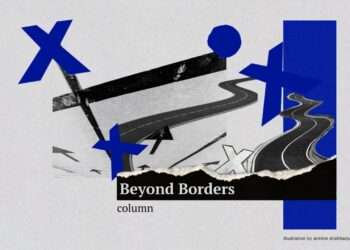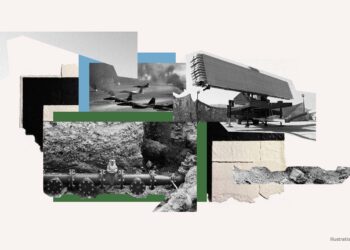Beyond Russia’s Reach? The Future of the South Caucasus
Russia’s immediate focus remains on Ukraine, leaving little attention for other geopolitical concerns. While the long-term outlook is uncertain, this does not necessarily signal a return to its former influence over the South Caucasus. Olesya Vartanyan explains.











